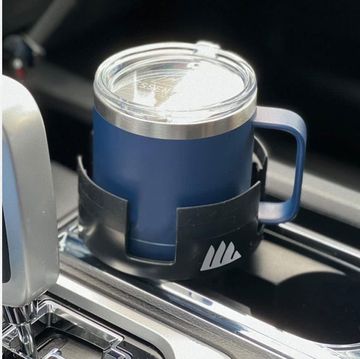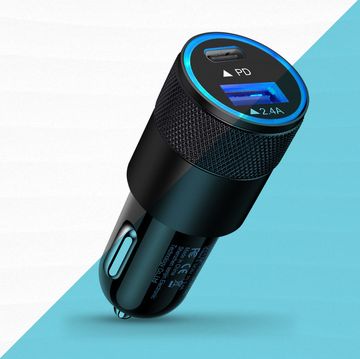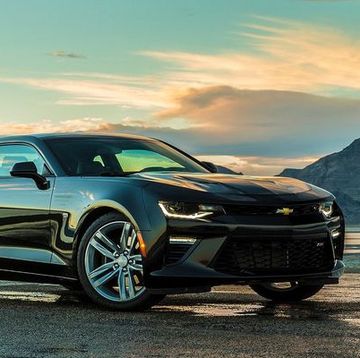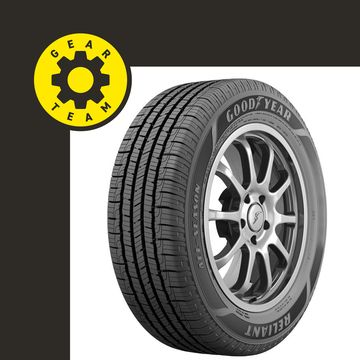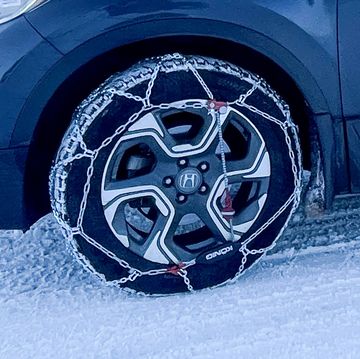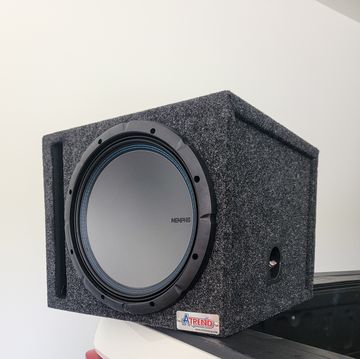As someone who slaps winter tires on their ride every winter, I can't recommend them enough. A proper set of snow-rated rubber can get you through some pretty serious inclement weather, and if you're into racing, they make for a great competition set for ice racing.
But what happens if you use winter tires in weather that isn't exactly the coldest? Thanks to this video, we finally get to find out.
Jason Fenske of Engineering Explained recently swapped the tires on his Subaru Crosstrek from winters to all-seasons in preparation for the warm months ahead. In order to find out if his Blizzak WS80 winter compound is less effective compared to his all-seasons, he conducted a few 60-0 braking tests to see how much grip each tire could actually generate.
Perhaps unsurprisingly, Fenske finds that yes, winter tires don't perform as well at warmer temperatures compared to all-seasons of the same size on the same car. It comes down to the extremely soft compound—it's great for clawing through snow, but not so great for driving on warm pavement.
However, we've found that winter tires have made strides to change the stigma of being unusable in warmer weather. When we took a Focus ST to Putnam Park outside Indy and ran it on both summer and winter tires, the time difference was just 2.2 seconds per lap. So they might not be as good, but they certainly aren't atrocious.

Brian Silvestro is Hearst Autos' former lead deputy editor for rankings content. He spent over seven years as a staff writer for Road & Track Magazine where he contributed car reviews, industry interviews, and more. He has a taste for high-mileage, rusted-out projects and amateur endurance racing.


